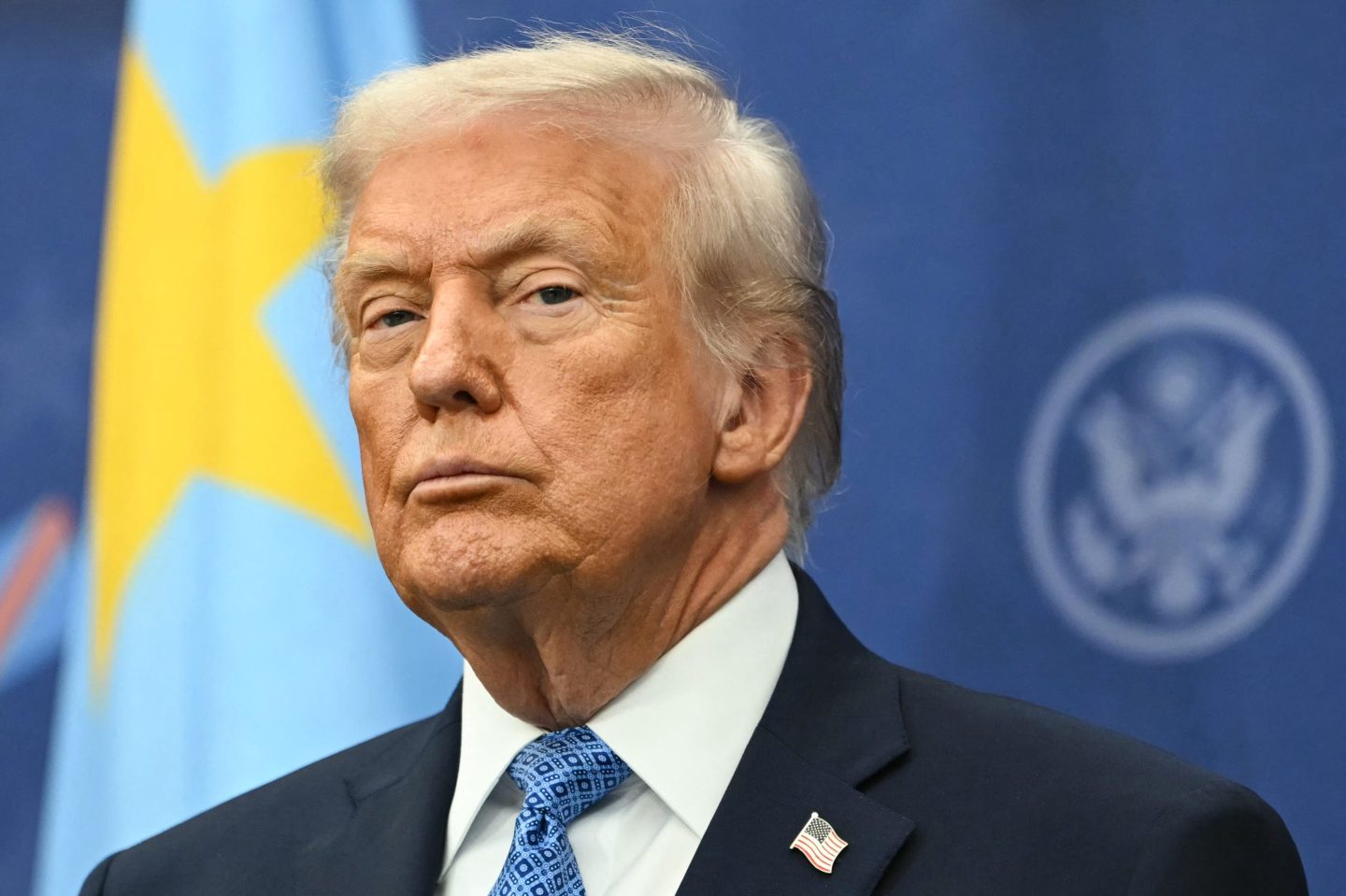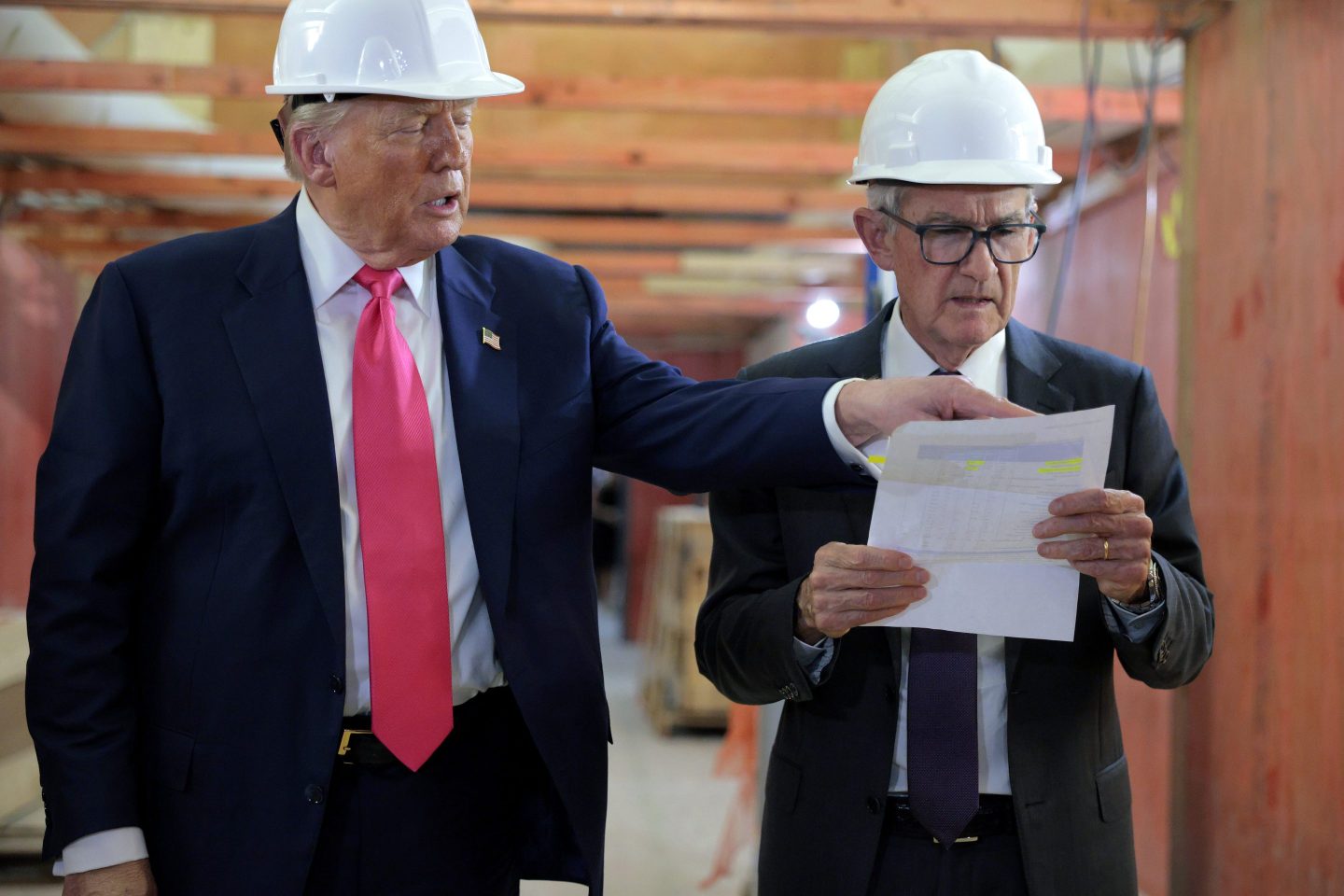First Lady Michelle Obama issued a call to action to the business community on Tuesday night, asking that the country’s top women business leaders lend their support to educate girls across the globe.
In what she described as a “girls’ education crisis,” Mrs. Obama explained how 62 million girls worldwide who should be in school are not because of both economic and cultural barriers. “It’s our responsibility to address this crisis as women, business leaders, and citizens of this country and world,” she said at Fortune Most Powerful Women Summit in Washington, D.C.
The address was part of the First Lady’s ongoing initiative, Let Girls Learn, to help adolescent girls attend and stay in school.
“I can’t help but see myself in these girls,” she said. “I can’t help but see my daughters in these girls.”
Speaking to a room filled with some of the world’s most powerful business leaders, Mrs. Obama asked that they too put themselves in these young women’s shoes. “Think back to when you were their age, sitting in a classroom, knowing full well that that we were so much smarter than the boys,” she said. “It’s like watching your husband try to do two things at once while you’re calmly doing six,” she joked.
She said that the women in the room—running companies, changing people’s lives, and shattering every glass ceiling—were a testament to the notion that a “woman’s place is truly wherever she wants it to be.”
Traveling around the world, Mrs. Obama said that she had met countless talented, outspoken girls with so many ideas about what they want to do when they grow up. “Then one day someone taps them on the shoulder and says ‘Not you,’” she said. “Think about what that would have been like for you to be told at the age of 12 or 13 that that’s it.”
Mrs. Obama also made the economic case for educating young women, noting that each extra year of secondary school they get can increase their income by as much as 18%. She added that with more education, these girls are less likely to contract HIV, more likely to delay childbearing, and have lower infant mortality rates. “That’s just not good for their economy,” she said. “It can be good for our economy too since we all know that rising incomes abroad are good for companies here at home.”
Let Girls Learn is working with the Peace Corps to train its 7,000 volunteers in educating girls through leadership camps, mentorship programs, and building school libraries.
The initiative is also seeking ideas from the business community, and is launching a $25 million fund to help find the best solutions. “The government doesn’t have all the answers or resources to solve this problem, not even close,” Mrs. Obama said. “We desperately need your help in this effort.” She called out companies like Xerox (XRX), which are already backing some of its Peace Corps projects.
Mrs. Obama made the case that this group of powerful women had mentors, friends, and colleagues in their network who they could always call on for support. “These 62 million girls, they don’t have anyone to call,” she said, adding that “we need to be their network and do what so many women did for us.”
The First Lady ended by telling the story of a girl she met in Cambodia who spoke about her life so confidently and eloquently. She said she while she had been through a lot of hardship, she knew that she needed to overcome them. “I’ve never thought they are the barrier to stop me,” Mrs. Obama recalled her saying. “I’ve never thought of giving up.”
Mrs. Obama said that even though her time as First Lady is coming to an end in 15 months, she was in it for the long haul: “I plan to continue this work for the rest of my life.”










